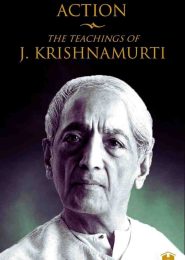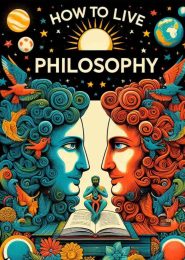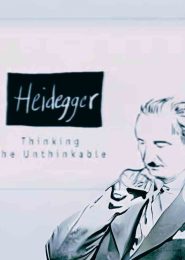Sartre: The Road to Freedom (1999)
Sartre: The Road to Freedom (1999) is a documentary that dives into the life and intellectual journey of the renowned French philosopher Jean-Paul Sartre. As a pivotal figure in the philosophy of existentialism, Sartre’s ideas continue to resonate with thinkers and seekers of truth.
The film explores several key aspects of Sartre’s life and work:
- Existentialism and Freedom:
- Sartre’s philosophy revolves around the exploration of human freedom. He grappled with questions like: What does it mean to be truly free? How do our choices shape our existence?
- His belief that individuals are responsible for creating their own meaning and purpose underscores existentialism’s core tenets.
- Consciousness and Unconsciousness:
- Sartre delved into the intricacies of consciousness and the interplay between our conscious and unconscious minds.
- His writings on self-awareness and self-deception shed light on the complexities of human thought.
- Sartre’s Multifaceted Interests:
- Beyond philosophy, Sartre was deeply engaged in politics, literary criticism, and drama. His influence extended beyond academia.
- His long-term relationship with Simone de Beauvoir, another prominent philosopher and feminist, adds a personal dimension to his life.
- The Rare Glimpse:
- Sartre: The Road to Freedom stands out as one of the few documentaries that offers English-speaking audiences an intimate look into Sartre’s world.
- Interviews with Simone de Beauvoir provide unique insights into their intellectual partnership and personal lives.
In a world where meaning and purpose are often elusive, Sartre’s legacy reminds us to confront our freedom head-on, to embrace our individuality, and forge our own paths. The documentary captures the essence of a thinker who dared to question, challenge, and inspire.




